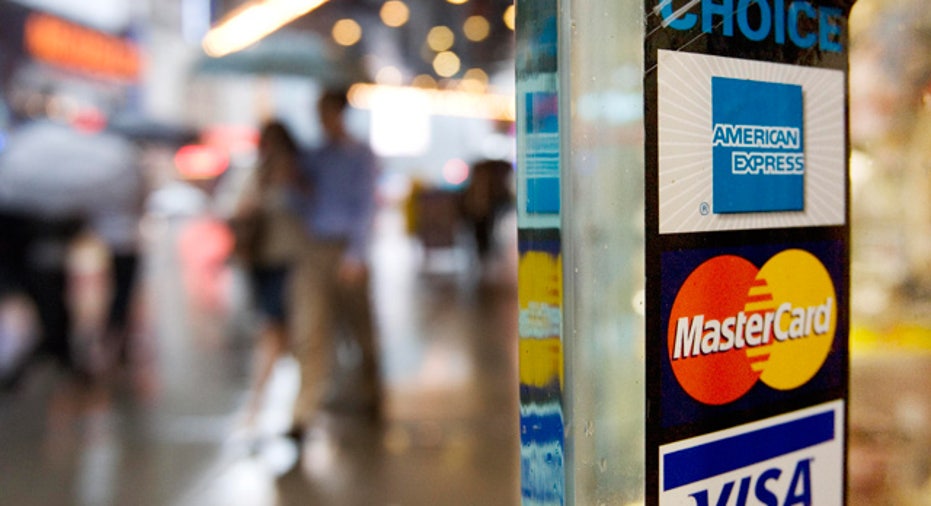What's the Fastest Way to Boost My Credit?

Dear Debt Adviser, I make pretty good money, but my credit score is low. What's the fastest way to raise my score? I've looked for help through credit repair places, but I haven't decided whether they're right for me. I have paid off two credit cards and one jewelry account in the past 14 days. Can you help?
Thanks -- Mark
Dear Mark, Yes, I can help. It's good that you're thinking carefully about using a credit repair service. In many cases, you're paying a company to do things that you can do yourself. Plus, many of these companies are disreputable. They'll take your money, further damage your credit and then disappear. You can fix credit yourself with some patience and a little guidance.
Here's some background to help demystify the process. Your credit score uses historical data from your credit report to predict your future risk of default. The information on your credit report is usually an accurate reflection of your financial life. And finally, your financial life is a subset of the rest of your life. So if you're having tough times, more than likely it will show up in your financial life, credit report and then credit score.
You have a low score, so I'm going to guess you have some charged-off, unpaid and/or seriously delinquent accounts on your credit report. The damage to your credit score has already occurred. What you can do first is make sure the negatives reported on your credit file are accurate and not out of date. Review your credit reports, and dispute any negative items that you don't think are yours or are more than 7 years old. Once you have made sure your history is accurate, you can work on adding new, positive data.
A good next step is to pay any remaining past-due accounts that have not yet been charged off. Doing so will bring the accounts current. The accounts will begin to generate positive account data on your credit report again. The negative late pays will still appear on your credit report, but they will soon be outweighed by positive data.
Next, pay the balances due on any collection or charged-off accounts. Paying what you owe will not immediately make a significant improvement in your credit score, but anyone considering granting you a loan or new credit will want to see that you did pay what you owed, even if it was late. Finally, pay down balances on your open credit card accounts to between 30 percent and 50 percent of your credit limit. Better yet, pay them off in full, and pay them in full each month thereafter. Low balances relative to your limit will add points to your score.
That takes care of your existing credit accounts. To help build positive credit history, you might consider opening new credit accounts in various categories. Showing that you can handle fixed payments as well as credit cards is a plus. An installment loan for furniture, a car or a personal loan will round out your credit profile. You might also consider a secured credit card (be sure the issuer reports to the major credit bureaus) if you do not qualify for other types of new credit. Lastly, apply for credit only if you need it and if you can afford new payments.
My bottom line on credit repair offers is that they are too risky and expensive, especially when you can do it yourself for free.
Good luck!
Ask the adviser
To ask a question of the Debt Adviser, go to the "Ask the Experts" page and select "Debt" as the topic. Read more Debt Adviser columns and more stories about debt management.
Bankrate's content, including the guidance of its advice-and-expert columns and this website, is intended only to assist you with financial decisions. The content is broad in scope and does not consider your personal financial situation. Bankrate recommends that you seek the advice of advisers who are fully aware of your individual circumstances before making any final decisions or implementing any financial strategy. Please remember that your use of this website is governed by Bankrate's Terms of Use.
Copyright 2014, Bankrate Inc.



















